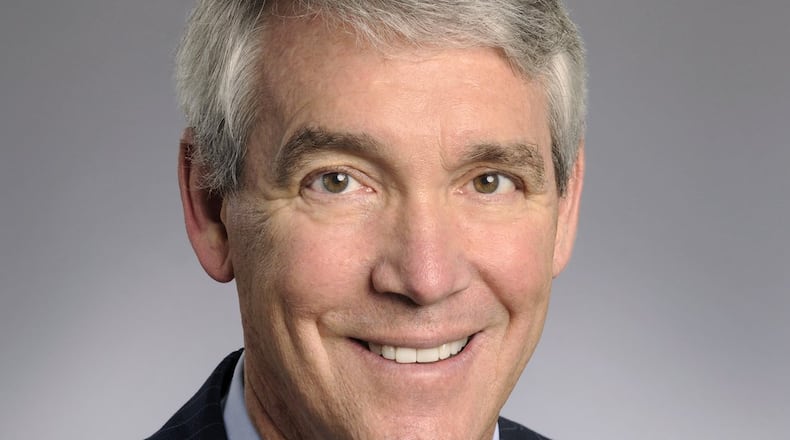There is a reason there is an “ahhh” in massage. Everyone knows massage is a great way to relax tense muscles and relieve stress. And you might guess that with such a demanding job, medical professionals often suffer from both.
However, it appears that massage has some additional medical benefits that are pretty profound, making a good massage on a regular basis an excellent way to practice “self care.”
We asked Mark H. Rapaport, MD a few questions about his research into the health benefits of massage therapy. Dr. Rapaport is the Reunette W. Harris Professor and Chairman of the Department of Psychiatry and Behavioral Sciences at Emory University School of Medicine and Chief of Psychiatric Services at Emory Healthcare in Atlanta.
His research into the benefits of massage therapy has yielded some interesting facts.
Pulse: What types of massage have been the focus of your studies?
Dr. Rapaport: Our studies have focused on a manualized form of Swedish Massage (SMT) versus a manualized form of light touch as an active control (and in one study we also had a waitlist condition). Our sessions with the subjects are clearly scripted to ensure that the 2 interventions are comparable in terms of interactions with the therapists and we have very detailed training and reliability work to be sure that therapists have good fidelity with the protocols we use.
Pulse: Is there sound science behind each type of massage or do you consider any of these techniques to be based on pseudoscience?
Dr. Rapaport: Although many of these touch traditions have been practiced for centuries in their respective cultures, there has been a paucity of studies applying a Western scientific approach to their study. This is true if one is talking about mechanism of action studies, biomarker studies or efficacy studies. The National Institutes of Health’s National Center for Complementary and Integrative Health (NNCCIH) has funded a few investigators, including our group, in an attempt to remediate this challenge. Our work has solely looked at SMT and light touch. We have demonstrated that both are active in normal volunteers, subjects with generalized Anxiety Disorder, and fatigue in Breast Cancer survivors. There has been other work in back pain and muscle healing and recovery from over-use.
Pulse: What are the primary physical benefits of massage? What benefits are short-term? What benefits might be long term?
Dr. Rapaport: Most of the work on massage has focused on short-term benefit. There are data suggesting that massage can decrease muscle spasm and pain, back pain, anxiety, depressed mood, and feelings of stress. We have demonstrated that SMT increases oxytocin, decreases cortisol, decreases arginine vasopressin, increases the number of white blood cells in the blood, increases the number of NK cells ( part of the innate immune system- our first line protection against infection, and increases activated T-cells. We also demonstrated that SMT decrease TH-2 cytokines, proteins involved in asthma and allergic reactions and cytokines associated with inflammation. There are some data that holding and massaging pre-term infants is associated with more weight gain and a better prognosis.
Pulse: What are the mental and emotional benefits?
Dr. Rapaport: Patients receiving massage have marked decrease in symptoms of anxiety and depression. They have marked improvement in fatigue, physical symptoms of anxiety and measures of quality of life. We have shown this in normal subjects, subjects with generalized anxiety disorders and Cancer –related fatigue.
Pulse: What have been some of the more interesting findings of your research?
Dr. Rapaport: (In addition to the above benefits) We also showed that biological effects persisted for up to 7 days after repeated massage.
Pulse: Is there ever an occasion when you would NOT recommend massage therapy?
Dr. Rapaport: Yes, patients in the early phases of recovering from severe burns, people with new onset psychotic disorders or mania, people with bleeding disorders, and there are some people who just do not like to be touched by others.
About the Author
Featured

